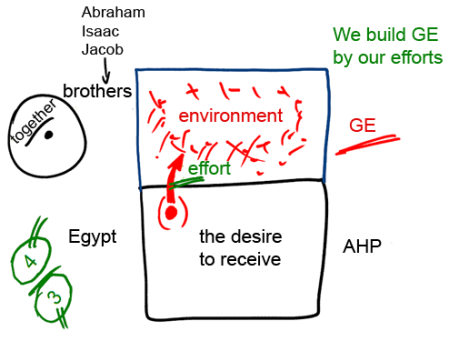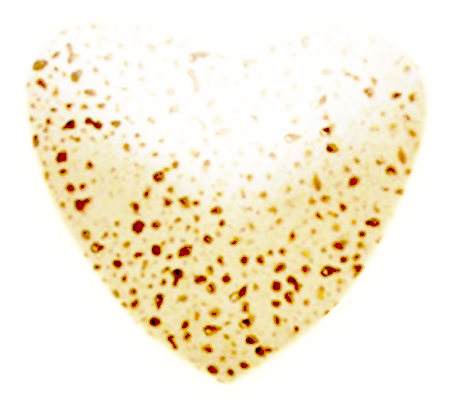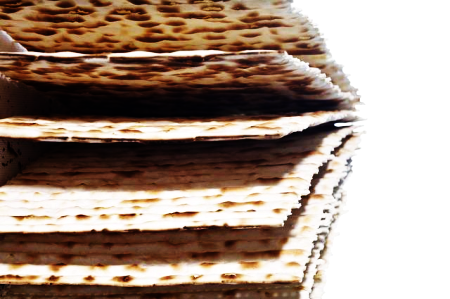
The Pesach (Passover) holiday stands for Pe-sach (“skipping” or “selection”) – selecting only those qualities from one’s entire egoism that can be corrected and used for bestowal, for the benefit of others. [Source: Dr. Michael Laitman, “The Meaning of the Pesach Holiday,” Laitman.com – Michael Laitman’s Personal Blog]
What Is Passover?
The holiday of Pesach (Passover) is an exodus from our ego, called “Egypt.” Our ego locks us in a capsule called “this world” and prevents us from seeing the reality outside. In order to break free from this shell we must perform a “circumcision,” by drawing the Ohr Hochma (Light of Wisdom) from above. It acts like a sharp knife and removes our great egoistic desires that cannot currently be corrected. We are given the opportunity to rid ourselves of them and not use them, in essence, to become free.
To be a “free people in our own country” (the word “country” [Aretz] comes from the Hebrew word for “desire” [Ratzon]) means to escape the rule of our desire. When we become free from our desire and can rise above it, we are ready for the exodus from Egypt.
We then exit our ego, which is also called the “evil inclination” (“Yetzer Ra“) out of Egypt (Mitzraim – Mitz Ra, i.e. concentration of evil) and toward freedom. Having been slaves to our desires, we now come out of slavery and become free of them, meaning we refuse to use them egoistically. [Source: Dr. Michael Laitman, “Escaping the Rule of Our Desire.” Laitman.com – Michael Laitman’s Personal Blog]
Now You Can Understand the Essence of Passover
Throughout the seven special days of the holiday of Passover, we must maintain a correct, uninterrupted intention, because this is a special time. We don’t celebrate religious rituals or customs. We are very distant from actions people carry out simply because they were taught to do so as children, or because they are driven by egoistic goals to receive a reward, either in this world or the next.
First and foremost, those who study Kabbalah want to reveal the Upper World and the spiritual actions, and only after they see their consequences (branches), are they prepared to also respect and observe them with the same intention as the spiritual actions above.
Abraham and his students were the first to attain the connection between the roots and the branches. But having revealed the spiritual world and its consequence in the corporeal, having discovered the forces that descend from the spiritual world into our corporeal world and having set it in motion, he created the language of branches. This language is a description of the Upper World, the roots, using words of this world, the branches.
That was when he revealed the whole reality, both the corporeal and the spiritual, as one whole, which is why both the spiritual and the corporeal actions merged within him into a whole, and that is how he taught his students. [Source: Dr. Michael Laitman, “The Source of Passover.” Laitman.com – Michael Laitman’s Personal Blog]
To learn more about how Kabbalah describes holidays and many other concepts at their root level, before they dress into the material world, it is recommended to take the Free Kabbalah Course. The reason is that many of the concepts and terms we have heard a lot about in our upbringing have completely different definitions in Kabbalah, and it takes a while to process them properly. Therefore, if you’re interested in this topic, then we recommend taking the free course and start learning about the world around you and inside you anew. Click the banner below to sign up for the free course …




